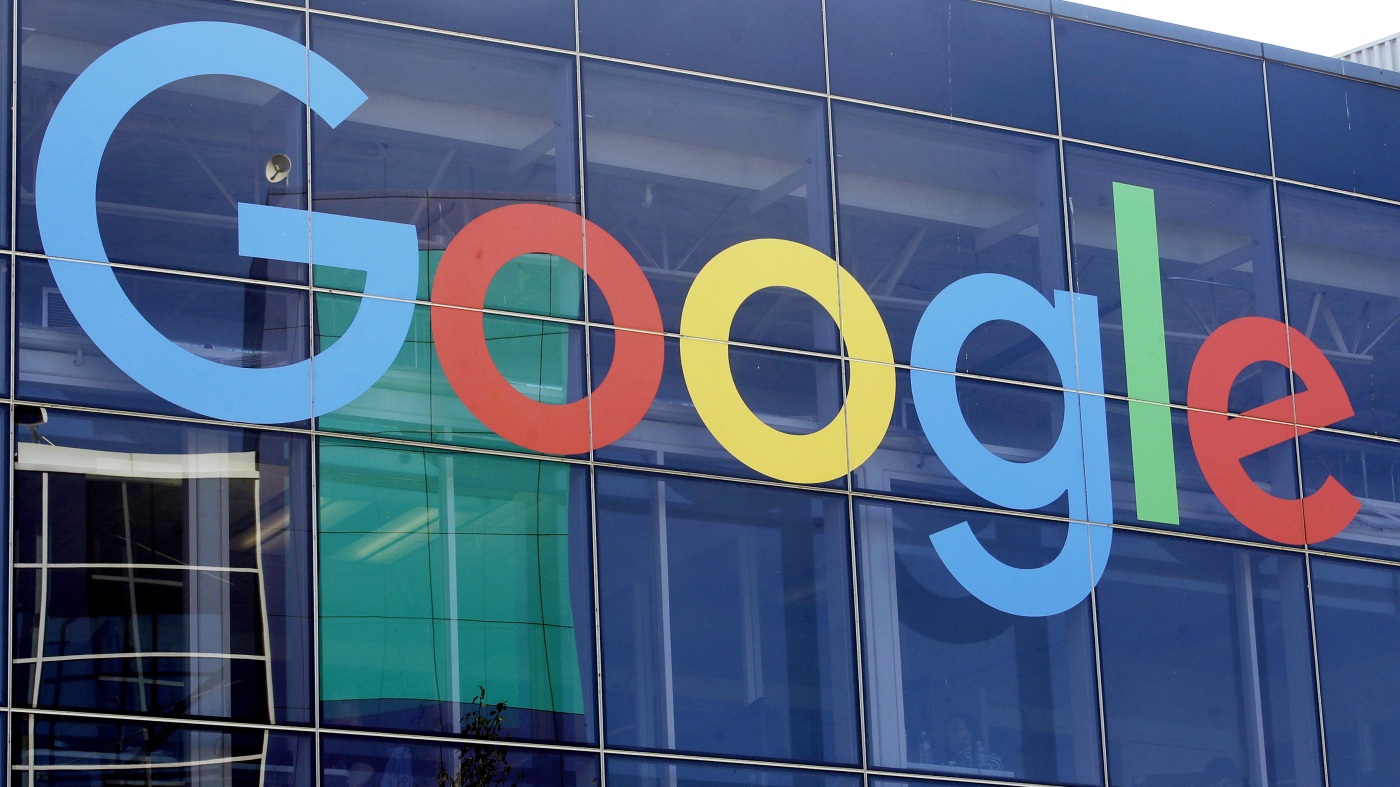The $1.4 Billion Wake-Up Call: Google’s Data Privacy Settlement with Texas
In an era where data is the new gold, the battle for data privacy has reached a pivotal moment. Google’s agreement to pay Texas $1.4 billion to settle claims of unauthorized data collection is a watershed event, signaling a shift in how tech giants must approach user privacy. This settlement is more than just a financial penalty; it’s a clarion call for transparency, accountability, and robust data protection.
The Magnitude of the Settlement
A Record-Breaking Penalty
The $1.4 billion settlement is the largest sum ever paid by Google to a state over data privacy violations. This astronomical figure underscores the gravity of the allegations and the critical importance of data privacy in today’s interconnected world. For Texas, this settlement is a monumental victory, establishing a precedent for other states to champion their residents’ privacy rights.
The Financial Ripple Effect
The settlement will have far-reaching financial implications. For Google, it’s a stark reminder of the costs of non-compliance with data privacy laws. For Texas, the funds can be redirected towards initiatives that further protect and educate residents about their digital rights. For other states, it’s an incentive to strengthen their data privacy laws and enforce them rigorously.
The Legal Landscape
Texas’s Data Privacy Laws
The case was brought under Texas’s stringent data privacy laws, which have been increasingly enforced in recent years. These laws are a testament to the state’s commitment to protecting its residents’ digital rights. The settlement resolves several claims made by Texas in 2022, setting a legal precedent for future cases.
The Need for Robust Legal Frameworks
The allegations highlight the pervasive nature of data collection practices and the urgent need for comprehensive legal frameworks. As technology advances, so must the laws that govern it. This settlement encourages other states to enforce similar protections and adapt to the evolving digital landscape.
The Allegations: A Breach of Trust
Secret Geolocation Tracking
One of the most disturbing allegations is that Google secretly tracked users’ movements. This covert tracking undermines users’ expectations of anonymity and raises serious privacy concerns. Geolocation data can reveal intimate details about individuals, from their daily routines to their most private moments.
Incognito Mode: A False Sense of Security
The revelation that Google tracked users’ incognito searches is a significant blow to user trust. Incognito mode is supposed to provide a private browsing experience, but Google’s alleged data collection practices shatter this illusion. This breach of trust highlights the need for transparency in data collection and the importance of user consent.
Biometric Data: The Ultimate Invasion
The collection of biometric data, including voiceprints and facial geometry, is particularly invasive. Biometric data is unique to each individual, making it a prime target for data breaches and identity theft. Google’s alleged collection of this data without consent raises serious ethical and legal questions.
The Impact: A Call to Action
Rebuilding User Trust
The settlement serves as a wake-up call for tech companies to prioritize user privacy and transparency. Users expect their personal data to be protected, and any breach of this trust can have severe consequences for a company’s reputation. Tech giants must adhere to strict data privacy standards or face significant financial penalties.
The Industry’s Regulatory Crossroads
The settlement also underscores the importance of robust data privacy regulations. As technology evolves, so too must the laws that govern it. This settlement sets a precedent for future cases and encourages other states to enforce similar protections. The tech industry must adapt to these changing regulations and prioritize user privacy.
The Future of Data Privacy
The $1.4 billion settlement is a significant win for Texas and a major setback for Google. It’s a reminder that tech companies must be held accountable for their data collection practices and that users’ privacy rights must be protected. As the digital landscape continues to evolve, it’s crucial that companies prioritize transparency and user consent in all their operations.
A New Era of Data Privacy
The $1.4 billion settlement between Texas and Google marks a new era in data privacy. It sends a clear message to tech companies: prioritize user privacy and transparency, or face significant financial penalties. This settlement is a major victory for Texas and a reminder that data privacy is a fundamental right that must be protected. As technology continues to advance, it’s crucial that companies and regulators work together to ensure that users’ data is protected and that their privacy rights are respected. The future of data privacy is at a crossroads, and this settlement is a significant step towards a more transparent, accountable, and user-centric digital world. The battle for data privacy is far from over, but this settlement is a powerful reminder that users’ rights must always come first.

